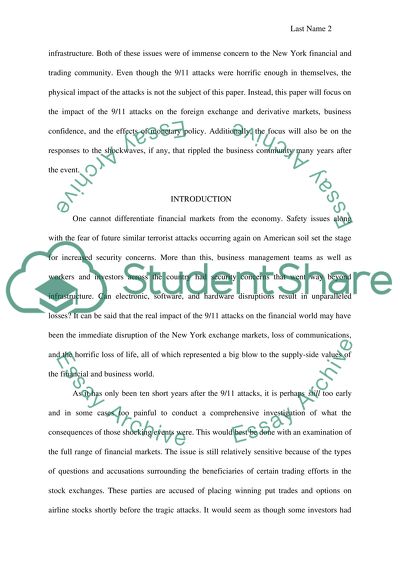Cite this document
(“The Effects Of The 9/11, 2001 Attacks On Business Confidence and Essay”, n.d.)
Retrieved from https://studentshare.org/finance-accounting/1430154-the-effects-of-the-september
Retrieved from https://studentshare.org/finance-accounting/1430154-the-effects-of-the-september
(The Effects Of The 9/11, 2001 Attacks On Business Confidence and Essay)
https://studentshare.org/finance-accounting/1430154-the-effects-of-the-september.
https://studentshare.org/finance-accounting/1430154-the-effects-of-the-september.
“The Effects Of The 9/11, 2001 Attacks On Business Confidence and Essay”, n.d. https://studentshare.org/finance-accounting/1430154-the-effects-of-the-september.


